

Increasing Number of Young Employees Feel Less Engaged with Their Companies in Japan
Exploring the Disengagement of Young Employees in Japan
Recent studies conducted by Urban Plan, a consulting firm based in Tokyo, reveal a startling disconnect between young workers and their employers. With the traditional concept of life-long employment waning, approximately 60% of young employees aged 20 to 30 report feeling a lack of engagement with their companies. This raises important questions about job retention and workplace satisfaction in an evolving job market.
Research Overview
The study, conducted between April 16 and 17, 2025, surveyed 1,002 individuals who identify as full-time employees in their twenties and thirties. The results underscored a significant societal shift towards viewing job changes as a norm. The employees identified several parameters which contribute to their feelings of disengagement, providing insight into the broader implications for human resource management and corporate culture.
Findings on Employee Disengagement
When asked about their perceptions regarding job changes compared to previous generations, 59.7% of respondents indicated that the likelihood of changing jobs has increased markedly. Among the attributes associated with job leavers, 'dissatisfaction with the workplace' came out on top, followed by 'lack of attachment to the company' and 'weak interpersonal relationships.' This suggests that dissatisfaction is more about workplace dynamics than just operational stress.
Furthermore, the study revealed that employees primarily attribute their low engagement levels to issues related to salary and benefits, interpersonal relationships, work style, and office environment, rather than core values of company culture or philosophy. This indicates a pressing need for companies to address tangible workplace experiences, shifting focus from abstract values to practical improvements.
The Importance of Workplace Environment
The nature of work is also changing. While those with low engagement perceive work primarily as a means to earn a living, actively engaged individuals tend to associate their jobs with personal fulfillment. This divergence in viewpoints suggests that organizations need to foster environments that recognize individual aspirations while also providing for basic needs.
Moreover, when exploring what young employees believe constitutes an ideal company, the top responses included 'improved salary and benefits,' 'flexible working arrangements,' and 'strong interpersonal relationships.' This alignment of desired improvements with the reported dissatisfaction indicates a clear pathway for organizations to enhance engagement.
Strategies for Improvement
From the research, it is clear that young employees desire not just any office environment, but one that is conducive to comfort and productivity. The need for comfortable workspaces with adequate privacy and appealing aesthetics is paramount. Survey results indicated that around 70% believe improvements in office facilities could aid in enhancing their engagement.
Focusing on aspects such as ergonomic office equipment, well-designed communal spaces, and broader personal spaces has the potential not only to heighten productivity and job satisfaction but also to foster a sense of belonging within the workplace. Additionally, taking employee feedback seriously in office redesigns can further solidify the bond between the employee and the organization.
Conclusion
As Japan's workforce evolves, the findings from Urban Plan highlight the necessity for companies to adapt their practices to meet the new expectations of young employees. In an era where job changes are commonplace, improving employee engagement requires a shift in focus towards tangible, visible changes in the workplace environment and attitudes. As organizations navigate this shift, the importance of fostering genuine engagement through improved workplace practices may hold the key to employee retention and satisfaction in the future.

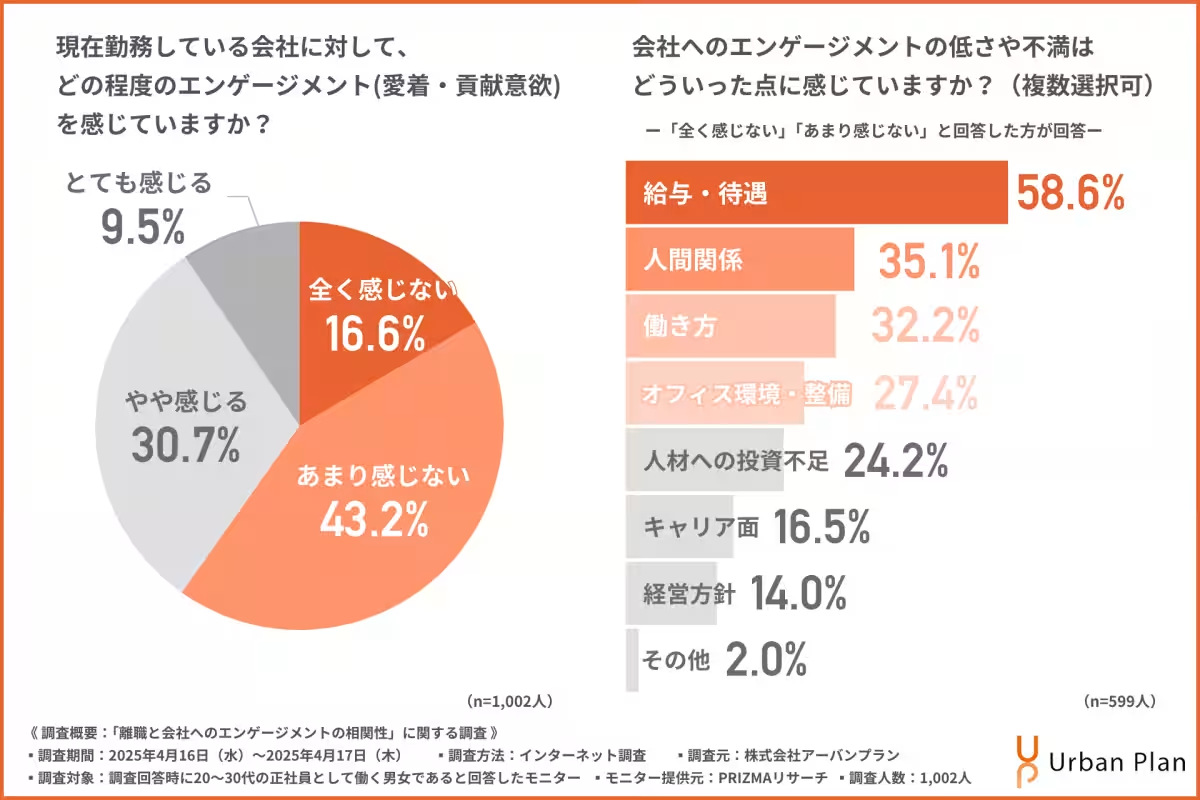
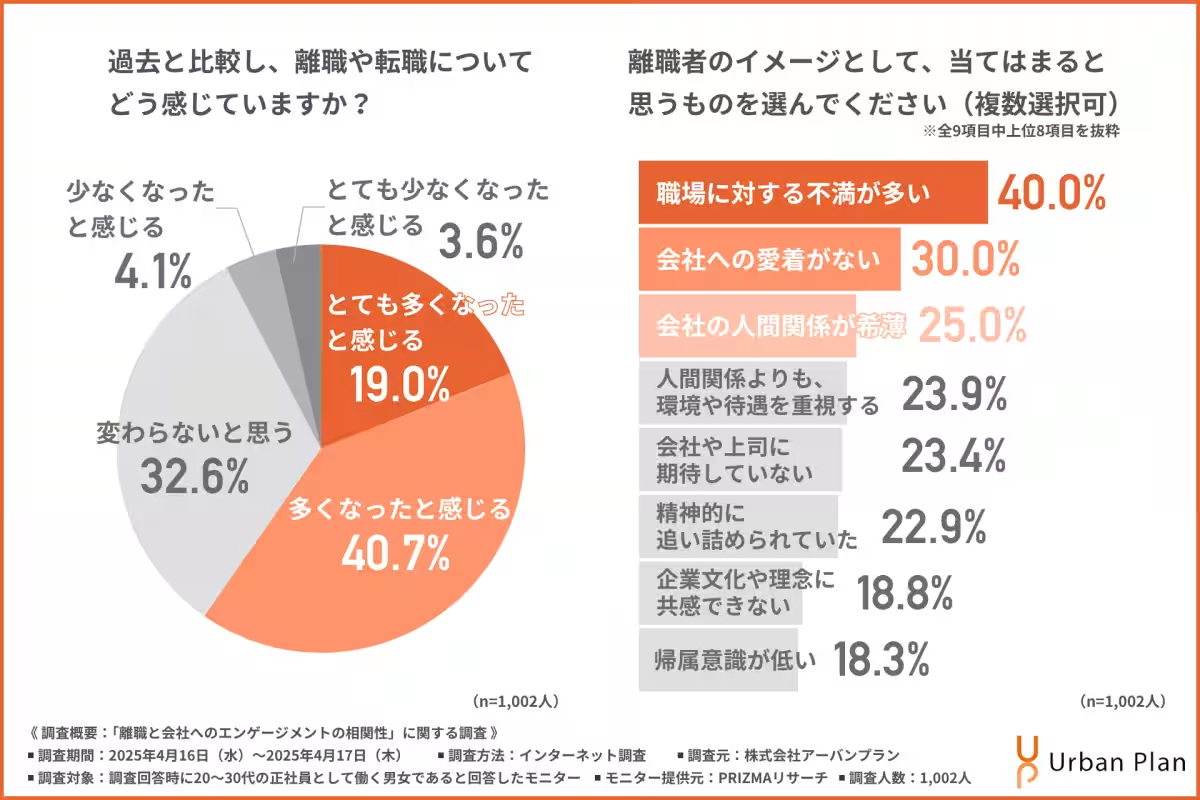

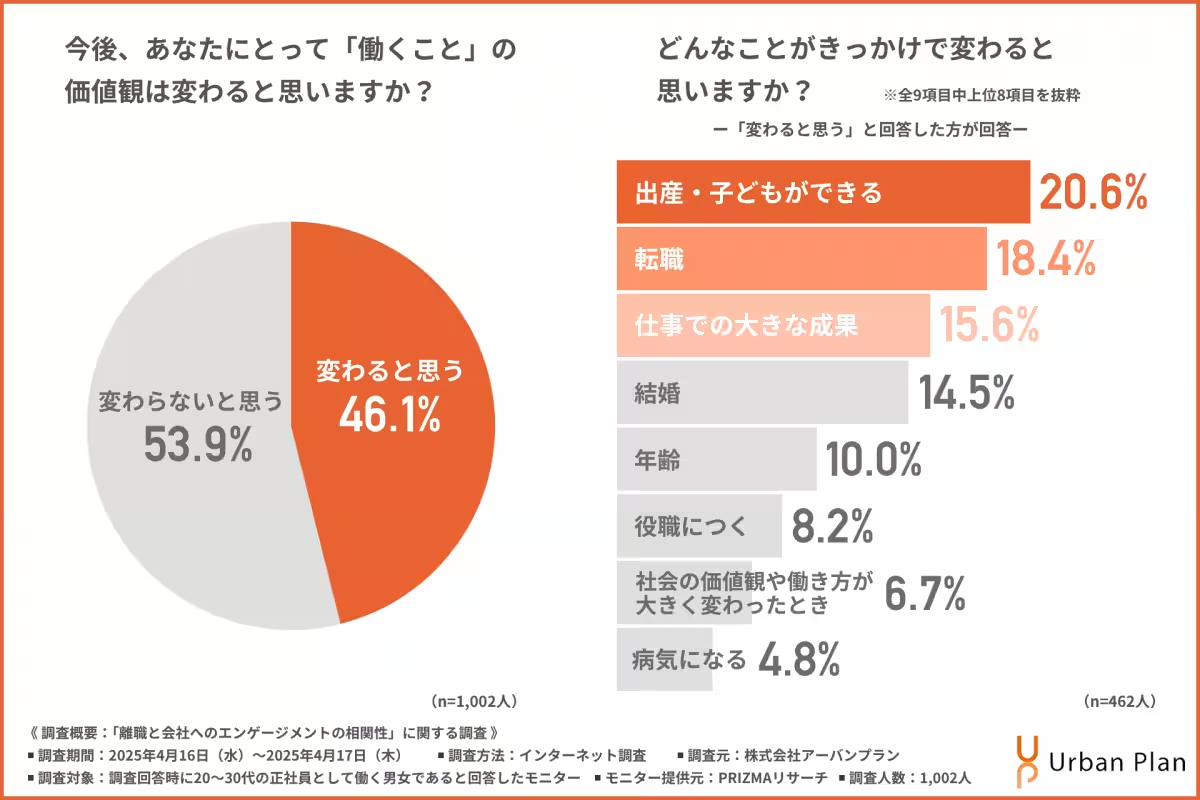
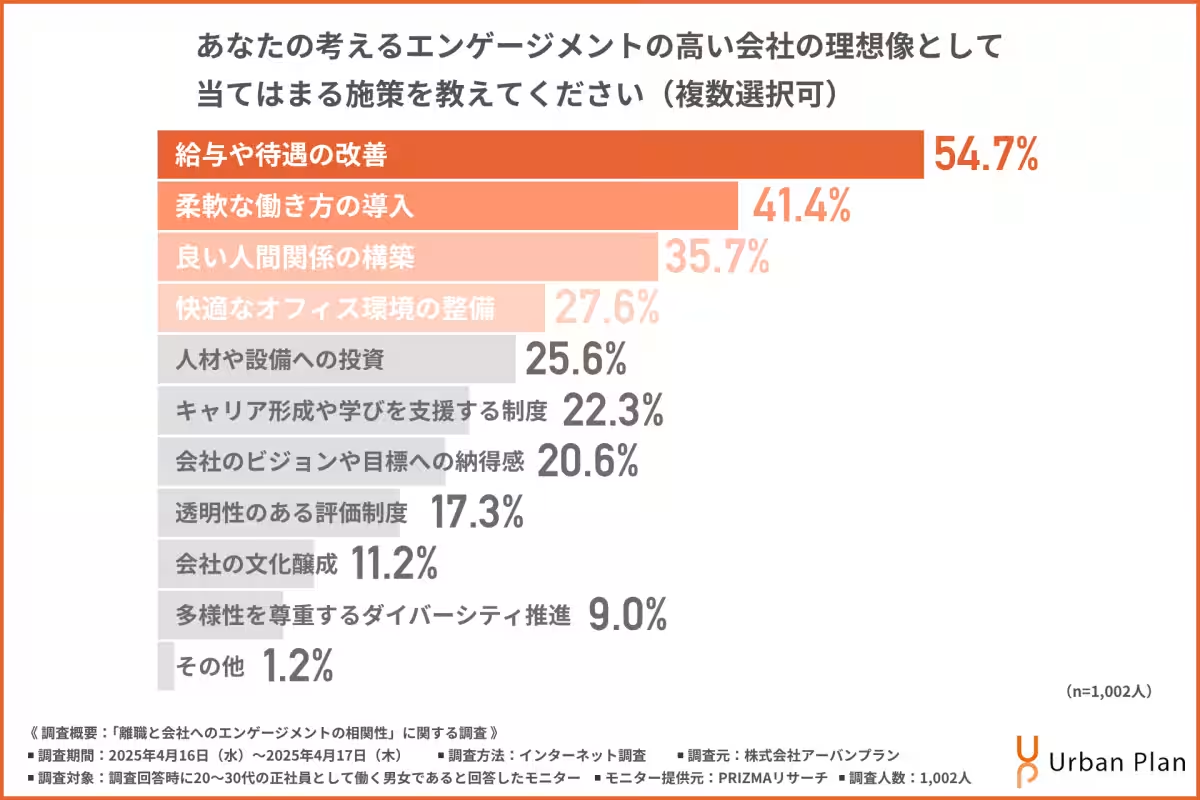

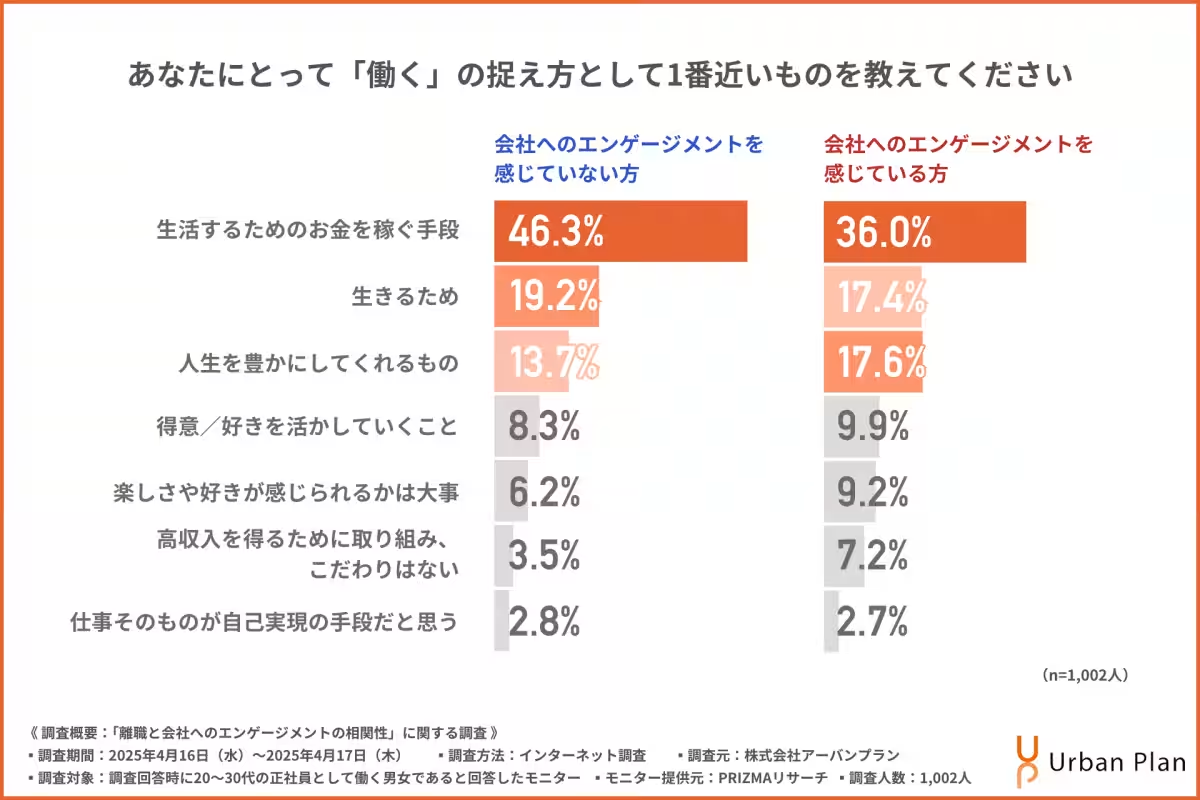
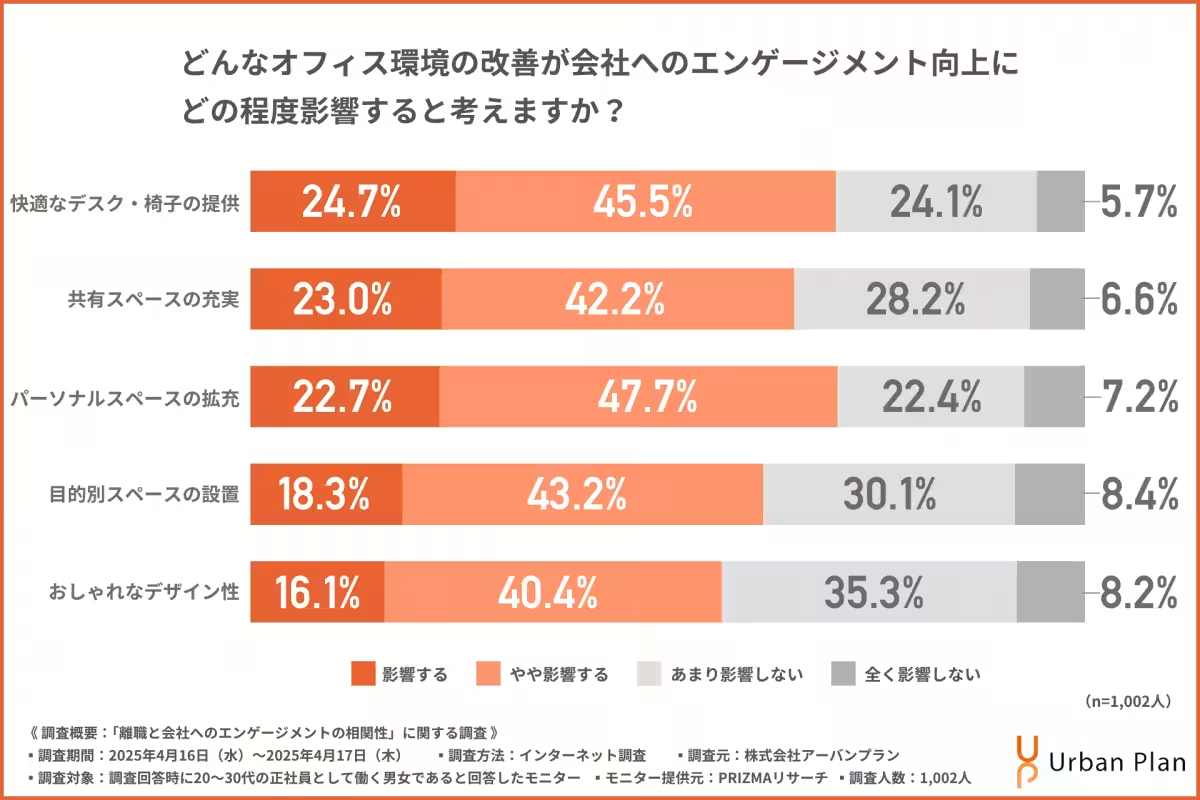
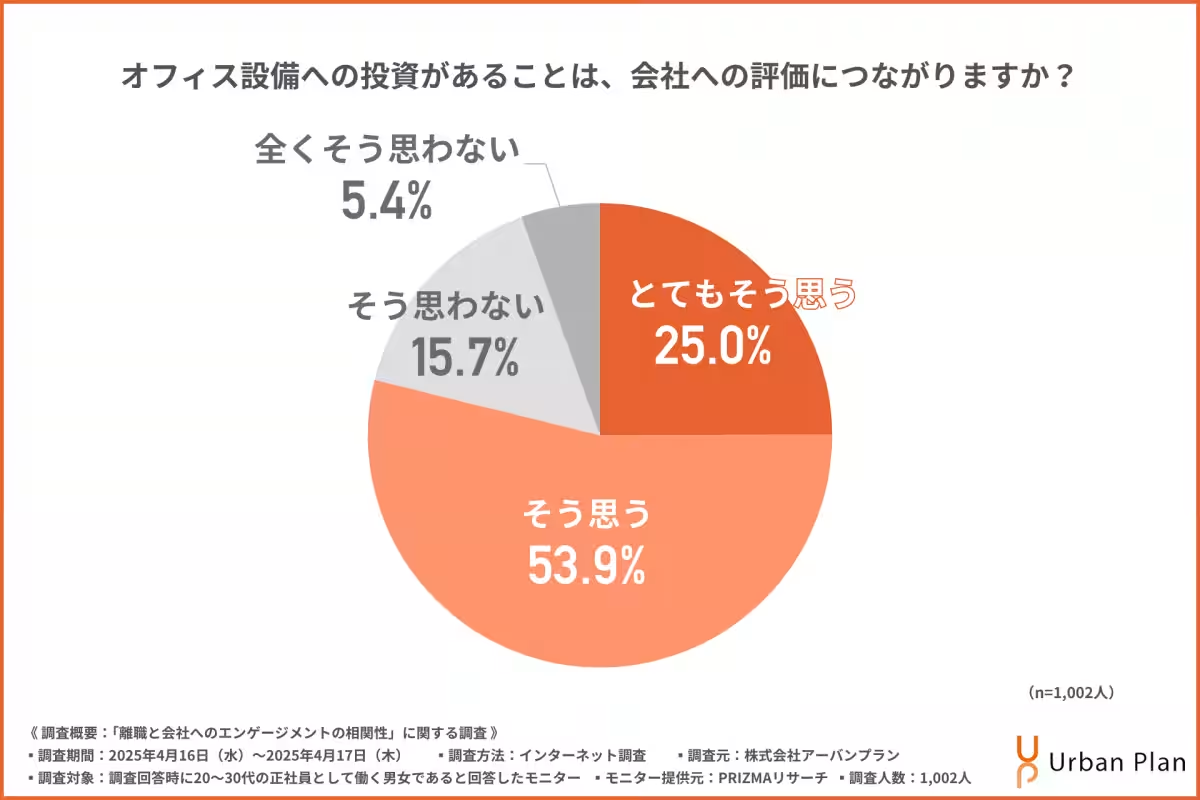

Topics Business Technology)










【About Using Articles】
You can freely use the title and article content by linking to the page where the article is posted.
※ Images cannot be used.
【About Links】
Links are free to use.